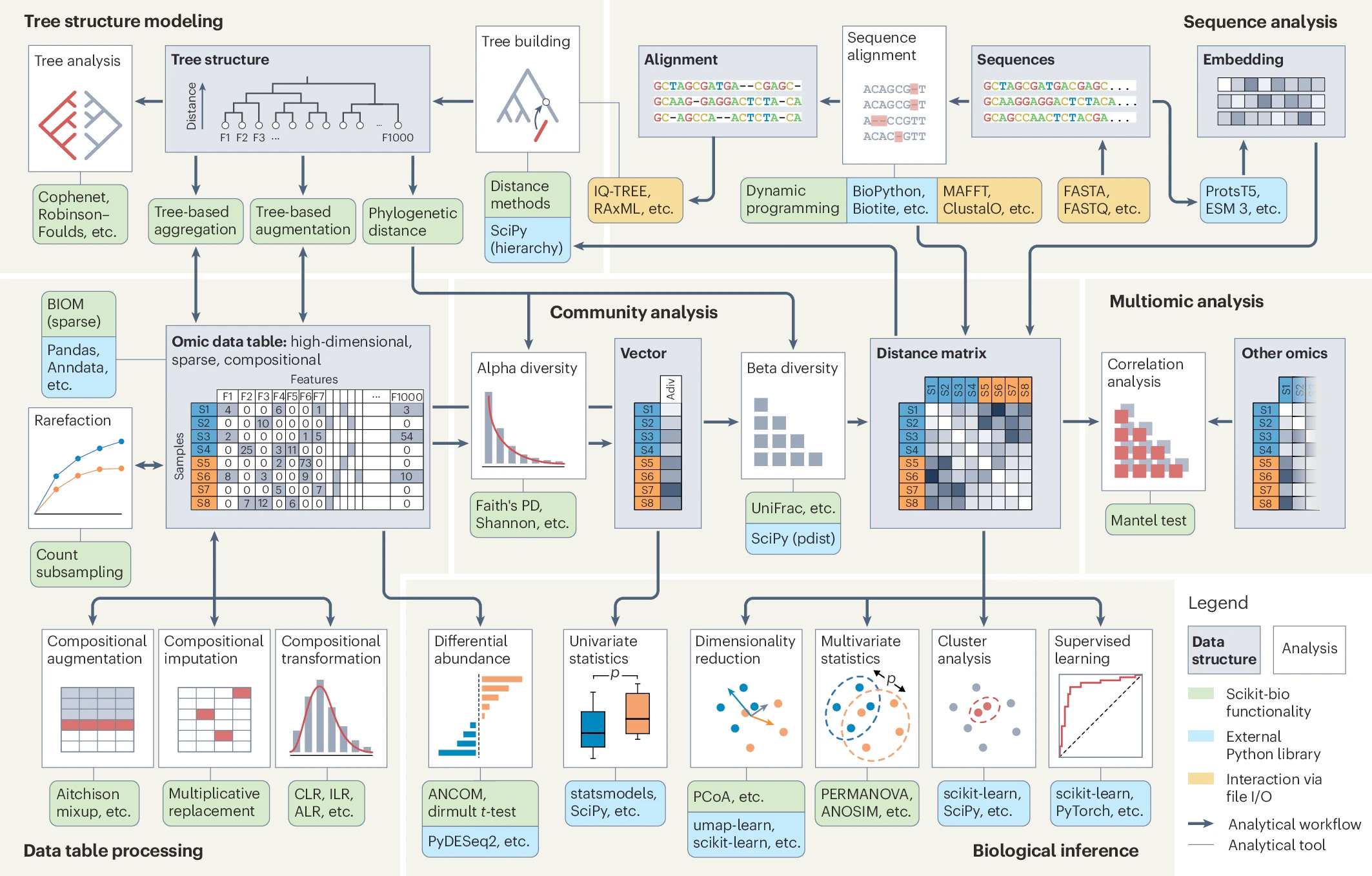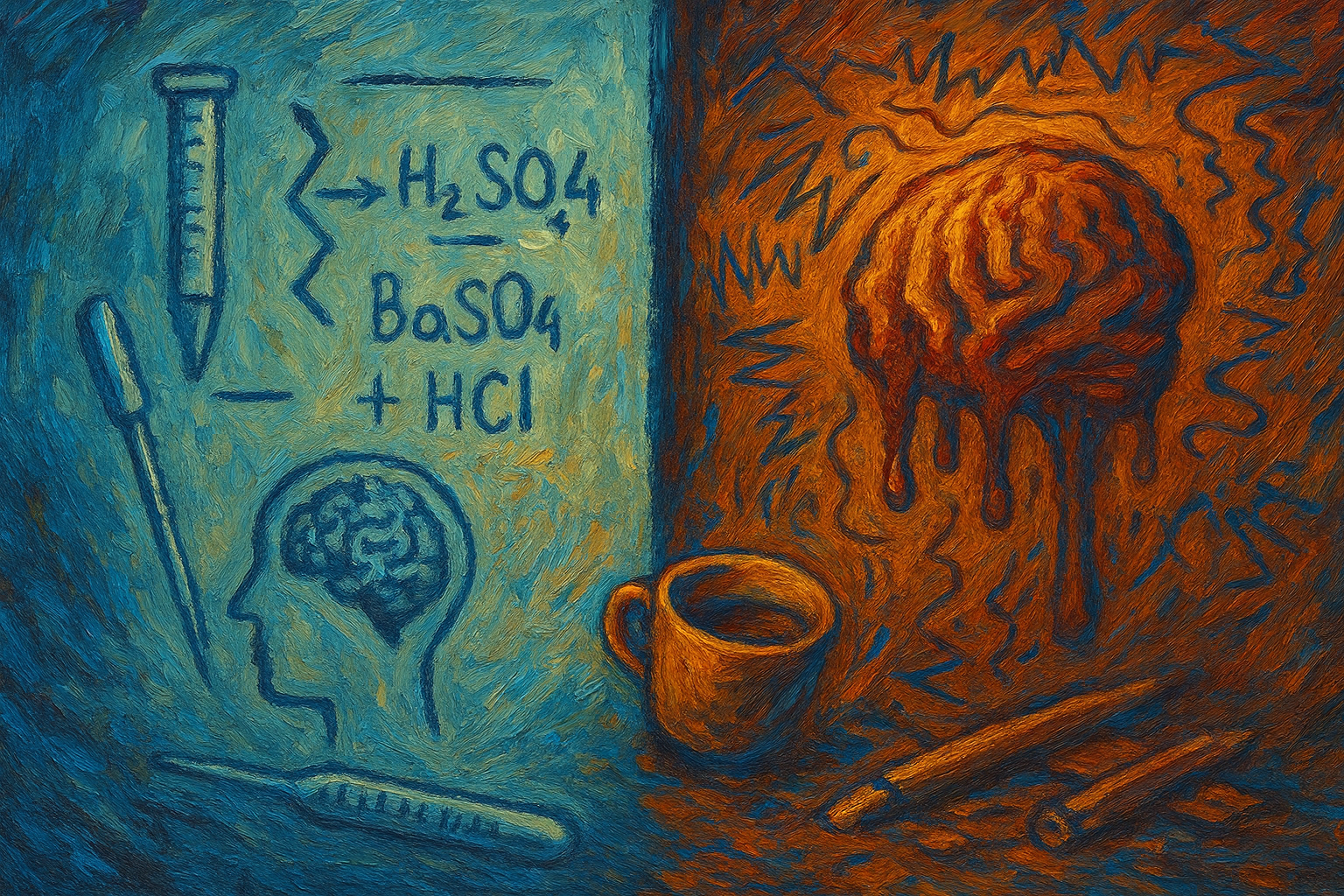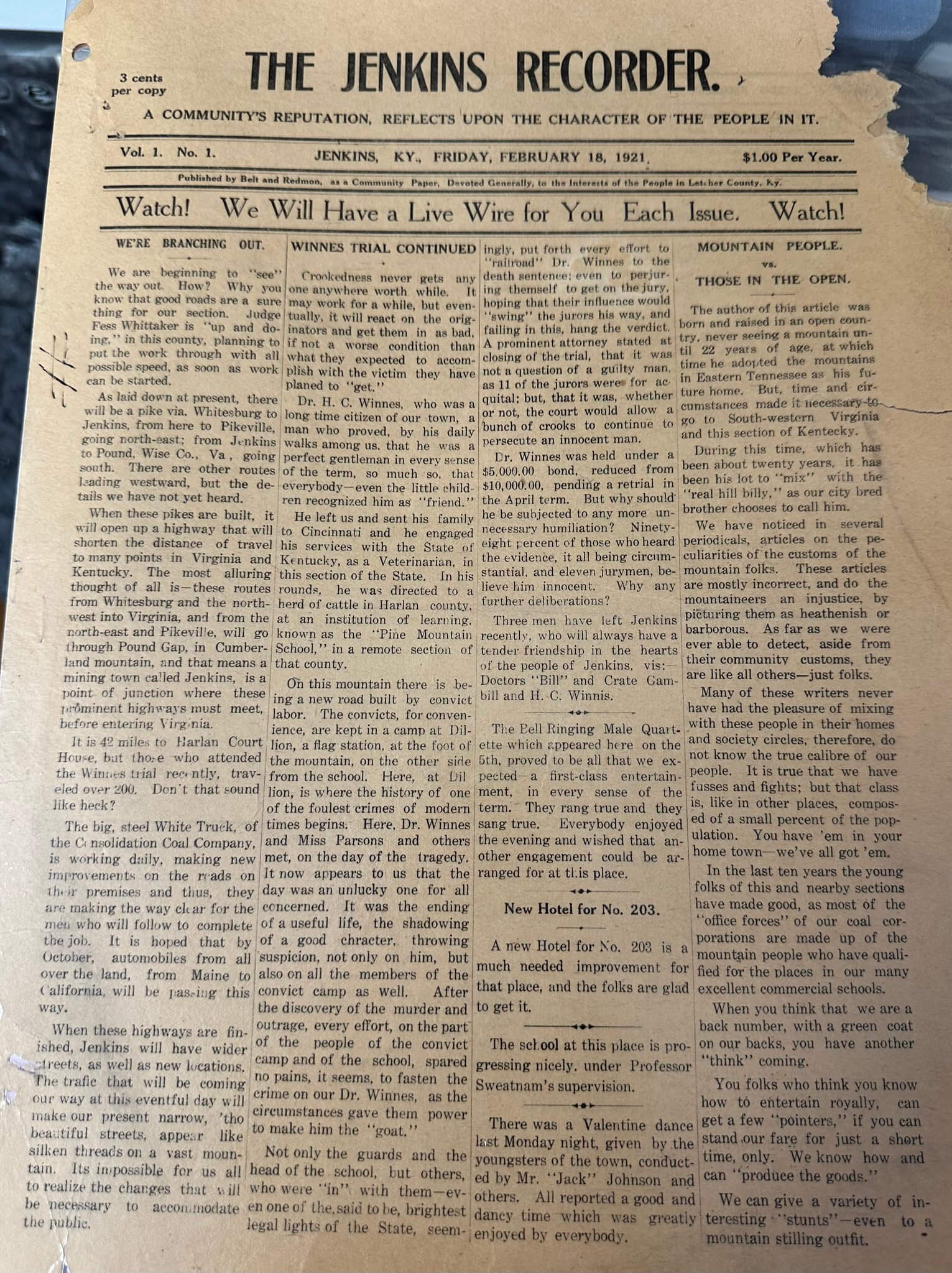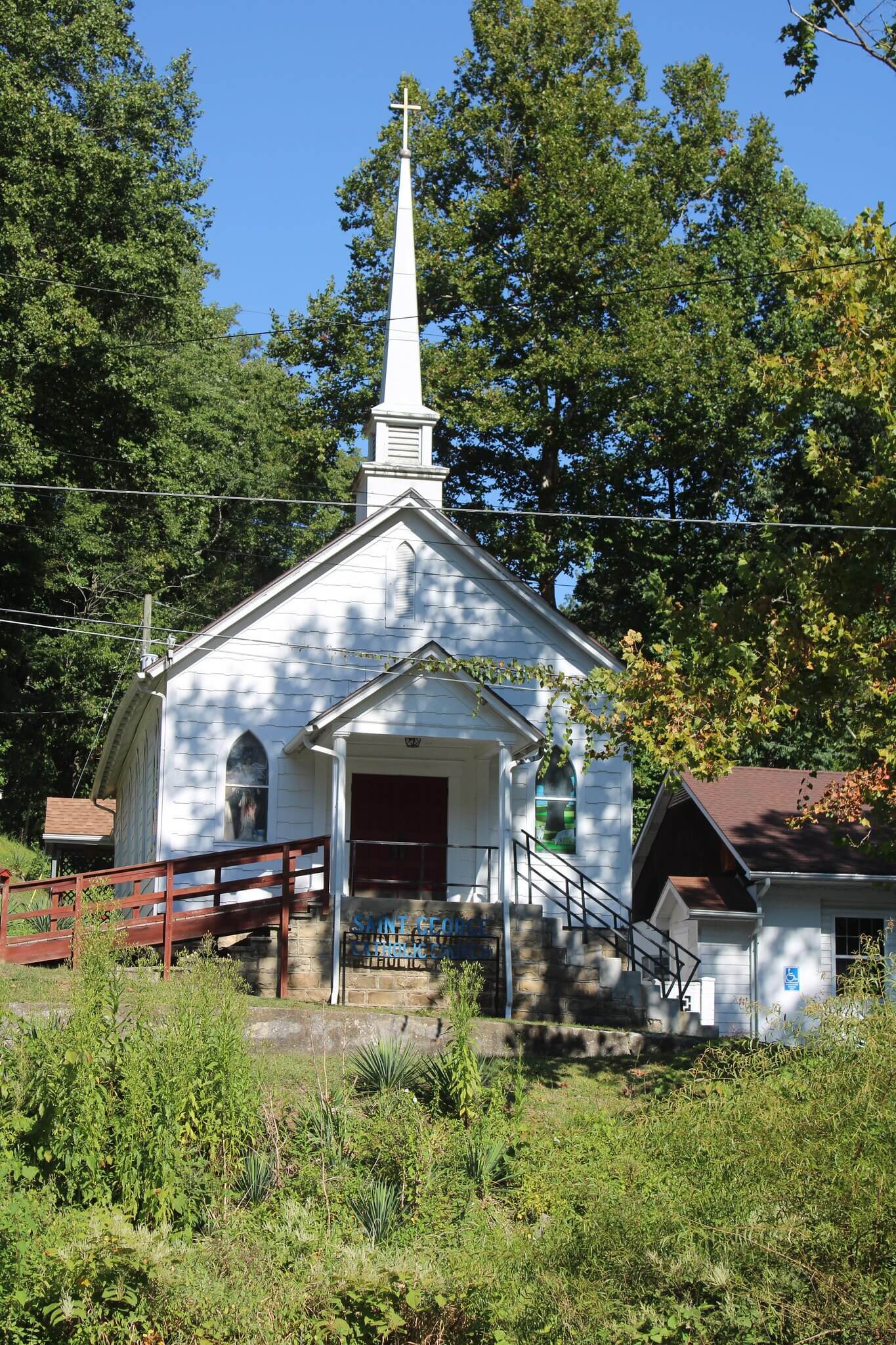
The "missing middle" for omics data analysis in Python

The "missing middle" for omics data analysis in Python

Researchers are people of science, of facts, of specifics. With the duty of being unbiased, they set their assumptions aside and prioritize what the data tells them above everything else. And yet, when that son of a Reviewer 2 criticizes their data… Oof, man… Tough blow.
The Dutch have voted. Migration was once again front and centre. Campaigns warned of crises, headlines framed Europe as divided. Open borders versus closed minds, compassion versus control. It all sounds like Europe has taken sides. But has it? New research from the PACES project, led by Anne-Marie Jeannet, Associate Professor at ... The post Europe’s Silent Middle: Why Migration Isn’t the Polarised Fight You Think It Is appeared first on Bliss.

Home GUIDO BACCIAGALUPPI & ELISE CRULL THE EINSTEIN PARADOX REVIEWED BY Thomas Ryckman The Einstein Paradox Guido Bacciagaluppi &

As is my custom, I am writing, for my own historical logging, to show what I read and wrote this year. This year I have been working at Knowledge Commons, which has been a great environment with lovely people and a worthwhile project. It has meant that much of my time has been consumed with technical matters as is proper, but I did still manage to get up early in the morning and write.
por Carlos Ariel Díaz Abad En el siglo XIX, mientras el Imperio Británico afianzaba su dominio en el subcontinente indio, la región histórica del Punjab se convertía en un hervidero religioso.

Appalachian History On winter mornings in the early 1920s, coal dust hung over Jenkins, Kentucky, while miners and store clerks climbed the steps of the big recreational building to buy their paper. Upstairs, on the second floor of that four story complex, a tiny shop ran the town’s one newspaper, the Jenkins Recorder.

Appalachian History On a February evening in 1948, nearly fifteen hundred people streamed into a freshly remodeled storefront on Main Street in Jenkins. The Champion Dairy Bar offered bright red-and-cream décor, ice cream, and a free carnation to every woman who walked through the door.

Appalachian Churches Tucked against the hillside at the foot of No. 4 Hill in Jenkins, Kentucky, St. George Catholic Church looks like a simple white frame church.
Anmerkung zu dieser Rubrik: Das Open Research Office Berlin erstellt monatlich eine Übersicht über Termine und Veranstaltungen zu Open Access und Open Research in Berlin bzw. an Berliner Einrichtungen. Der Fokus liegt dabei auf unseren Partnereinrichtungen und auf Veranstaltungen, die sich an die Öffentlichkeit richten bzw.